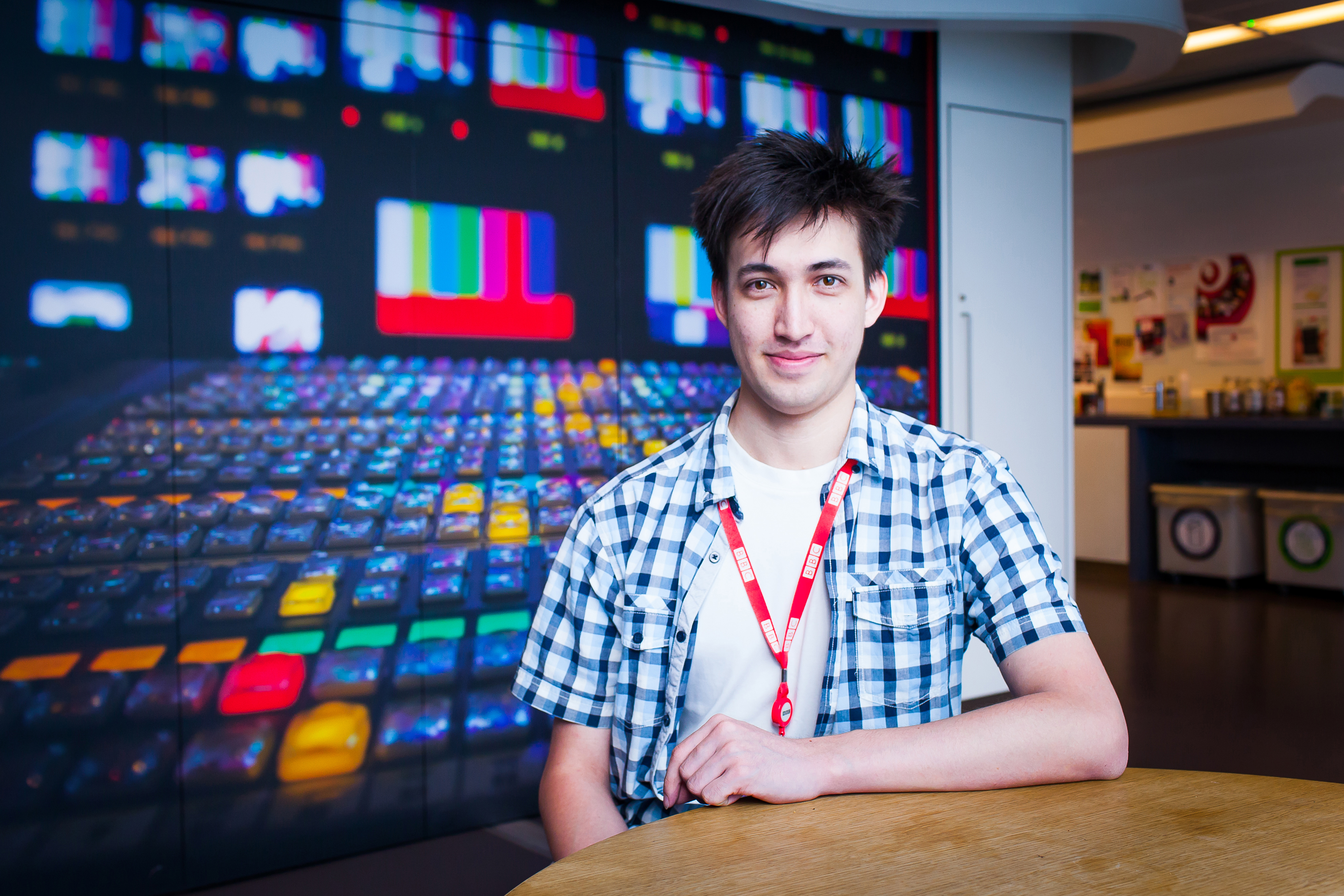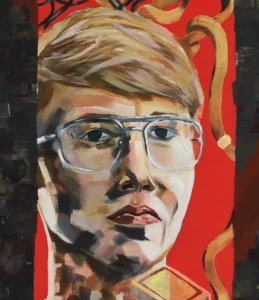
From Software Engineer to the Discovery Channel
The school was the perfect environment to meet very diverse individuals from all walks of life and learn a lot from it. I use this invaluable experience when talking to people in business when they are from different parts of the world
Philip Whitehall, Class of 2008 (left in 2004, Year 9)
Nationality: British/Thai
University: Computer Science with Games Technology, City, University of London 2011
Currently: Product Manager, Discovery Channel

What are your favourite memories of Bangkok Patana?
The lifetime friends I have made, the school’s excellent facilities, the doors it opened. It has given me many opportunities to try new things and refine things I already loved doing. Out of the 10 schools I have been to in my lifetime, Patana remains first place!
What have you been doing since leaving Bangkok Patana?
In order:
– Had a stint in web development freelancing
– Worked for the BBC as a Software Engineer (BBC iPlayer, World Service), Business Analyst (BBC News Apps) and Product Owner (BBC World Service Apps)
– Worked for The Walt Disney Company as International Product Manager (Video Platform, Web, Disney Channel Apps)
– Director of my own company! Sprytosaur (Director/Producer/Engineer/Sound/Art/Animation/Marketing creating video games). Literally on the edge of announcing our first game.
What are the things that you learned/experienced at Bangkok Patana that you still use today?
International culture. The school was the perfect environment to meet very diverse individuals from all walks of life and learn a lot from it. I use this invaluable experience when talking to people in
What inspired you to start producing and creating your own game?
I have always had a dream to create my own video games ever since I was little! During secondary school, I decided to focus all my studies relevant to video games. This included learning to write code, learning how music is involved in games, learning Japanese (to help in the business sense).
It was only at the end of last year that I realised I had a formula I really wanted to work on, and took the big decision in March 2018 to concentrate on getting the idea out as a full time job. This resulted in my first smartphone game, ThumBeat.
What is getting into the gaming industry really like?
It is one of the most competitive and hard working software industries to be in. Despite this, it also one of the most rewarding! You are working on an entertainment product which will be enjoyed by people around the world, creating experiences which will be in someone’s memories. It’s because of this that the competition to enter the games industry in is really high.
In the last few years, there have been a plethora of independent game developers springing up from all over the world, including Thailand. This adds to the fierce competition of gaining a fanbase of your work, but there have also been more ‘outlets’ for playing games than ever before (remember that smartphones, tablets, smart watch, smart TV and VR weren’t around just 10 years ago). If you plan to go down the path of an ‘indie’, finding a gap in the market is crucial.
How do you compare working for a big company and working as an independent producer?
I think working in a big company is a very important experience to have. This is a place where you learn how a company remains successful whilst working with a variety of people from every background imaginable. This was true for me at both the BBC and Disney where there are so many people and departments which makes it incredibly breakthtaking. It is also a place where you meet new people easily, and get to see how other jobs play a role in your daily work in order to meet the same goal.
In contrast, being an independent producer gives you the freedom to work on what you want. However, this also means you are responsible for everything that goes on, from paying the bills, buying your own equipment, writing your own contracts, dealing with complaints and client criticism. While the risks certainly a lot higher, so are the rewards if you get it right. Also, don’t let a failure hold you back. Use it as a way to grow and do things better in your next project!






